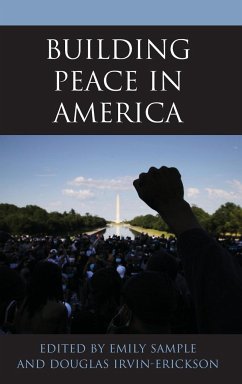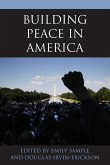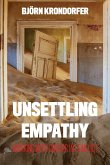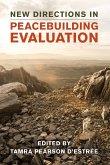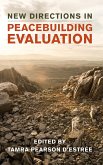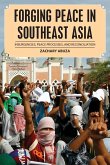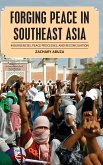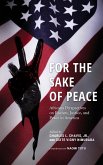America may not be at war, but it is not at peace. Recent public and political rhetoric have revealed the escalation of a pervasive and dangerous "us versus them" ideology in the United States. This powerful book is motivated by the contributors' recognition of continuing structural violence and injustice, which are linked to long-standing systems of racism, social marginalization, xenophobia, poverty, and inequality in all forms. Calls to restore America's greatness are just the most recent iteration of dehumanizing language against minority communities. The violation of the civil and human rights of vulnerable groups presents a serious threat to American democracy. These deeply rooted and systemic inequities have no easy solutions, and the destructive nature of today's conflicts in America threaten to impede efforts to build peace, promote justice, and inspire constructive social change. Acknowledging the complexity of building peace in the United States, this volume represents the first step in envisioning a more just, peaceful country-from the grassroots to the highest levels of leadership. The editors have brought together a diverse group of scholars, conflict resolution practitioners, civil society leaders, community peacebuilders, and faith leaders who are committed to pro-social change. Collectively, they examine how best to understand the current issues, deescalate destructive public rhetoric, undermine the "us versus them" polarity, and support those currently working for positive change. Together, the contributors share experiences and perspectives on the past, present, and future of peacebuilding; develop a vision for how we can collectively respond in our communities, campuses, and congregations; and catalyze action during this pivotal moment in America.

